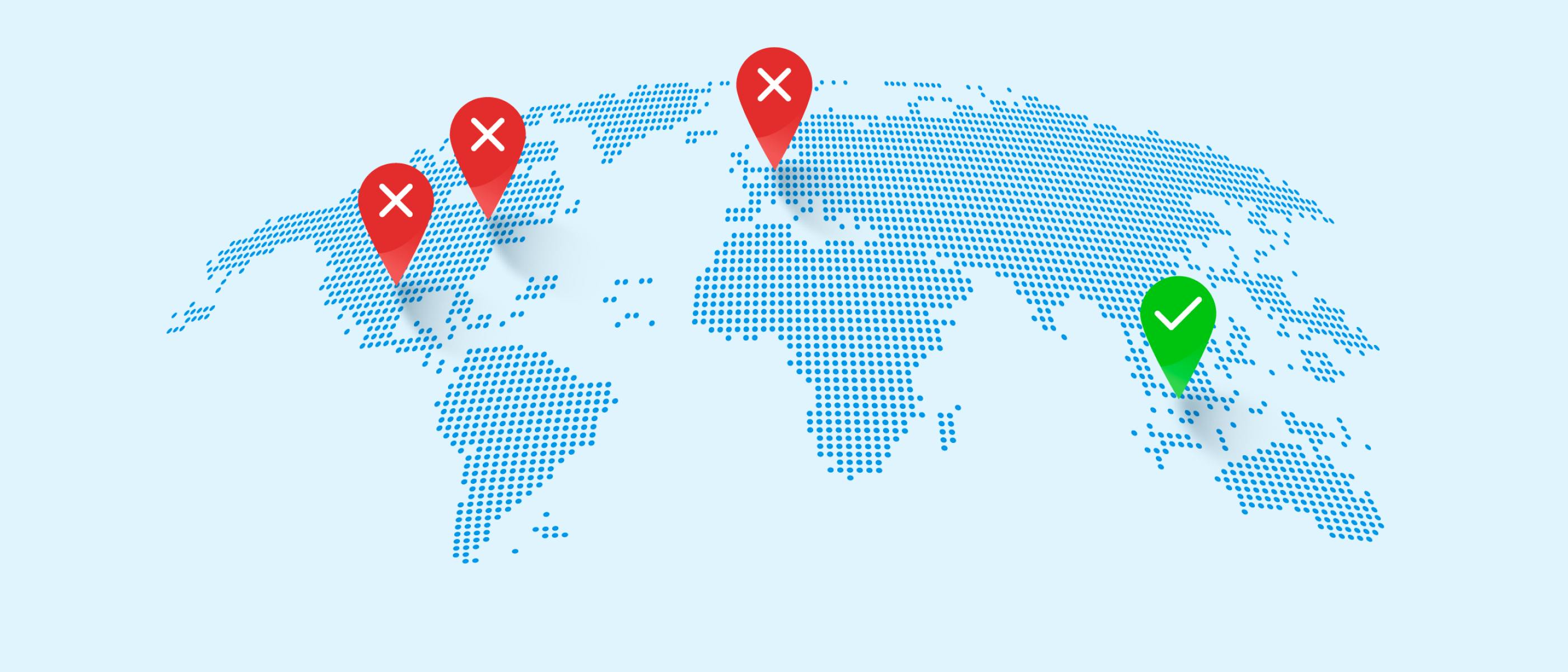
"Multiple IP geolocation providers may place the same IP address in different locations due to reliance on outdated WHOIS data and self-reported geofeeds, leading to discrepancies."
"Misreporting by hosting providers can result in advertising servers in incorrect locations, such as a server in Amsterdam being claimed to be in 27 different countries."
"The assumption that a consensus among providers indicates correctness is misleading, as many use flawed data sources, creating an illusion of agreement that can be inaccurate."
"Outlier results in IP geolocation may indicate more rigorous measurement methods; discrepancies can lead to accurate determinations of physical server locations."
Providers of IP geolocation may offer differing locations for the same IP due to reliance on outdated WHOIS records and potential misreporting by hosting services. Consensus among providers is often misleading, as many utilize flawed datasets, resulting in inaccuracies. Outlier results should not be dismissed, as they could signify a more accurate reporting method. For example, a case demonstrated where ping tests indicated a server location contrary to provider claims, later confirmed through WHOIS verification.
Read at Hackernoon
Unable to calculate read time
Collection
[
|
...
]